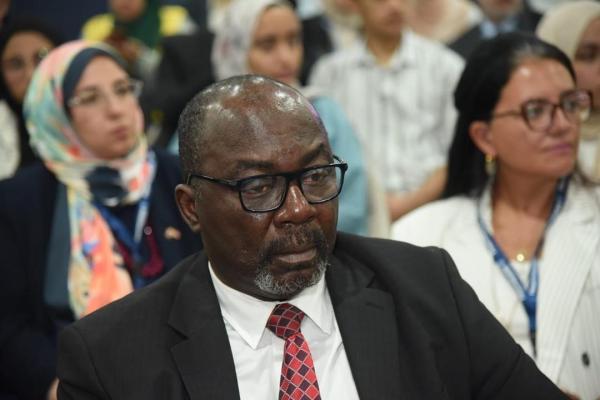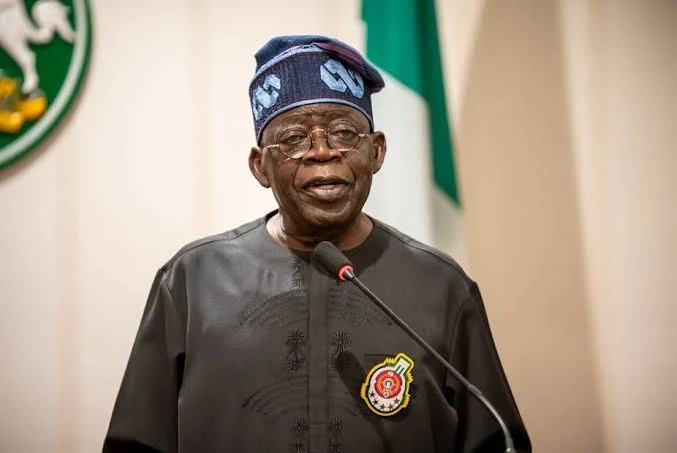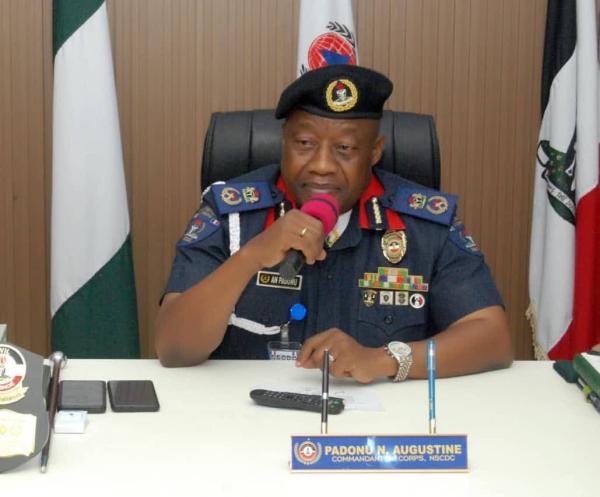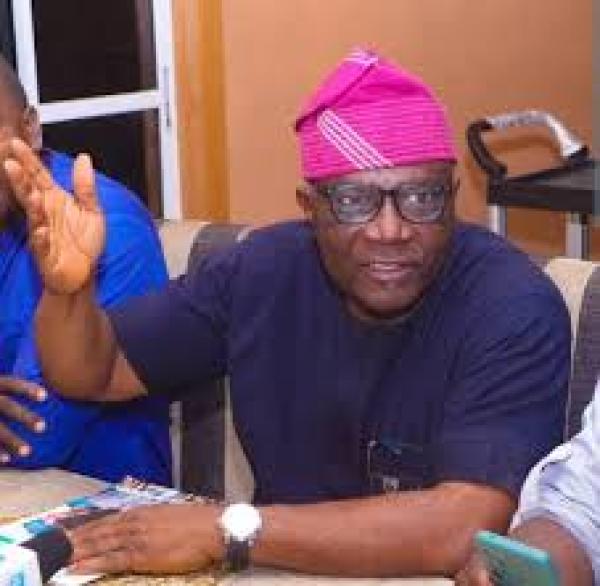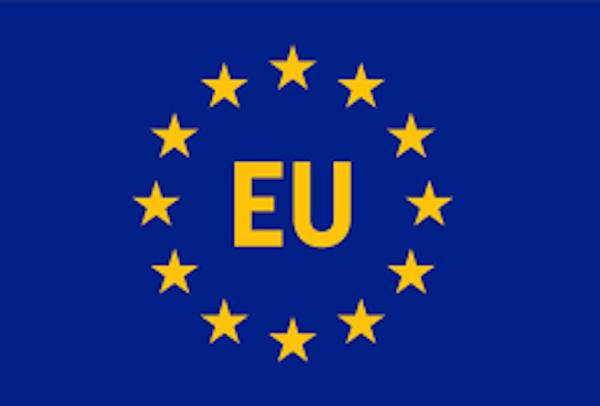
Nigerian President Muhammadu Buhari and Vice President Osibanjo
President Muhammadu Buhari and, his vice, Professor Yemi Osinbajo are under pressure to “swiftly move to declare their assets publicly in order to be consistent with their apparent anti-corruption credentials and their expressed commitments to do so and in the best interest of transparency and accountability.”
The Socio-Economic Rights and Accountability Project (SERAP) together with some other pressure groups made this request following the declaration of assets made to the Code of Conduct Bureau last Friday.
The president is also to ensure that individuals appointed into his cabinet are made to declare their assets before being sworn in, according to the Freedom of Information Coalition in Nigeria (FOICN).
SERAP’s stance in a release on Sunday: “We welcome the official declaration of assets by the president and vice president. This clearly complies with the requirements of the Nigerian constitution as contained in Chapter VI, Section 140. However, the declaration before the Code of Conduct alone falls far short of the commitment to publicly declare their assets.”
SERAP Executive Director Adetokunbo Mumuni says, “SERAP recalls that the president had said before the election that he would publicly declare his assets and liabilities, and encourage all his appointees to publicly declare their assets and liabilities as a pre-condition for appointment. We now expect the president to fulfil this promise to the Nigerian people.”
The organisation “trusts that the president and vice president will move swiftly to publicly declare their assets and to publish widely the information on a dedicated website. Public disclosure of assets will give the public a true picture of the assets of the president and vice president and will send a powerful message that it is not going to be business as usual with this government. This will also follow the best practice by former President Umaru Musa Yar’Adua, boost this government’s fight against corruption and impunity of perpetrators, and fully comply with the provisions of chapter two of the constitution dealing with Fundamental Objectives and Directive Principles of State Policy, which, among others, requires the government to take steps to eradicate corrupt practices and the abuse of power.”
Spurred by the action of late President Umaru Yar'Adua, SERAP says, “We believe that public disclosure of assets is crucial for ensuring that public officials’ personal interests, including that of the president and vice president as the leaders of the nation, do not conflict with their duties and responsibilities. Public disclosure also helps to provide a baseline and thus a means for comparison to identify assets that may have been corruptly acquired and that a public official may legitimately be asked to account for.
“We also urge the president to urgently take measures to seek amendment of the law relating to declaration of assets to include the requirement of public disclosure so as to bring it in line with international standards and best practices such as the UN Convention against Corruption.”
National Coordinator of the FOICN, Walter Duru, in Calabar, Akwa Ibom State, told journalists on Sunday that proper assets declaration by public appointees shall set the stage for effective monitoring of the their activities.
Praising Buhari for his insistence on running a transparent administration, Duru desires the president starts with the internal cleansing of his cabinet to set a good example.
Duru advises the president to sanitise the country’s anti-corruption agencies fast, describing them as mere “business centres.” He says, “The president must ensure that all those to work with him declare their assets openly to enable Nigerians monitor them. It is unfortunate that our anti-graft agencies are not living up to expectations. The Economic and Financial Crimes Commission (EFCC) has not impressed Nigerians. The Code of Conduct Bureau and Tribunal are not working. The Code of Conduct Tribunal has not sat for about three years now. Is it that no public office holder in Nigeria has breached public confidence and trust? The ICPC can perform better.
“The surest way forward is a total overhaul of the anti-graft agencies. All the corrupt elements must be shown the way out and, of course, prosecuted. The police must return to the barracks and allow the EFCC space to function. Having over 700 policemen in the employ of EFCC is unacceptable. A mechanism should also be put in place to monitor the activities of the anti-graft agencies.
“To strengthen the country’s anti-corruption war, President Buhari must throw his weight behind the passage of the Nigeria Financial Intelligence Centre, Proceeds of Crime and Mutual Assistance in Criminal Matters Bills, which are relevant legislations that will close the gaps in the country’s anti-corruption war.”
On the compliance with the provisions of the Freedom of Information Act (FoIA), Duru blames the public institutions under the executive, legislative and judicial arms of government for non-compliance with the FoIA. He sees it as an act of impunity which the coalition under his administration will correct by increasing citizens’ demand for accountability in governance.
Nigerians should take advantage of the Act to check the activities of public institutions in Nigeria, according to Duru.
“The Coalition, in partnership with other stakeholders, is working on a holistic strategy aimed at increasing awareness, capacity building and enforcement of the FoIA,” he says.
Similarly, the Coalition for Transparent Governance has demanded that President Buhari and Professor Osinbajo "take the next step of letting Nigerians know what you declared."
Director of Communication Aderemi Fatilehin has also advised President Buhari to keep faith "with all the espoused attributes of transparency by ensuring that everything, including their assets, is truly transparent."
“The nation is watching and all political leaders are likely to take the cue from whatever pattern President Buhari shows," says Fatilehin.












